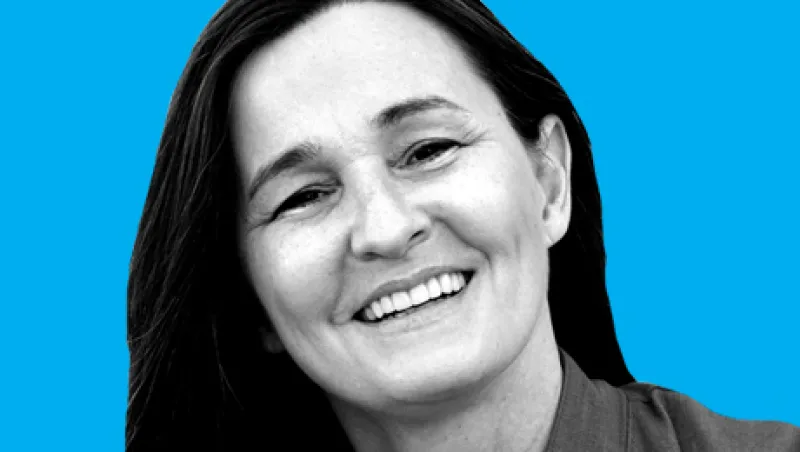
Sheryl Garrett Predicts Big Demand for Fee-Only Financial Advice
The Garrett Planning Network founder leads a group of 250 peers who charge clients by the hour rather than take a percentage of income.
Frances Denmark
August 16, 2016


